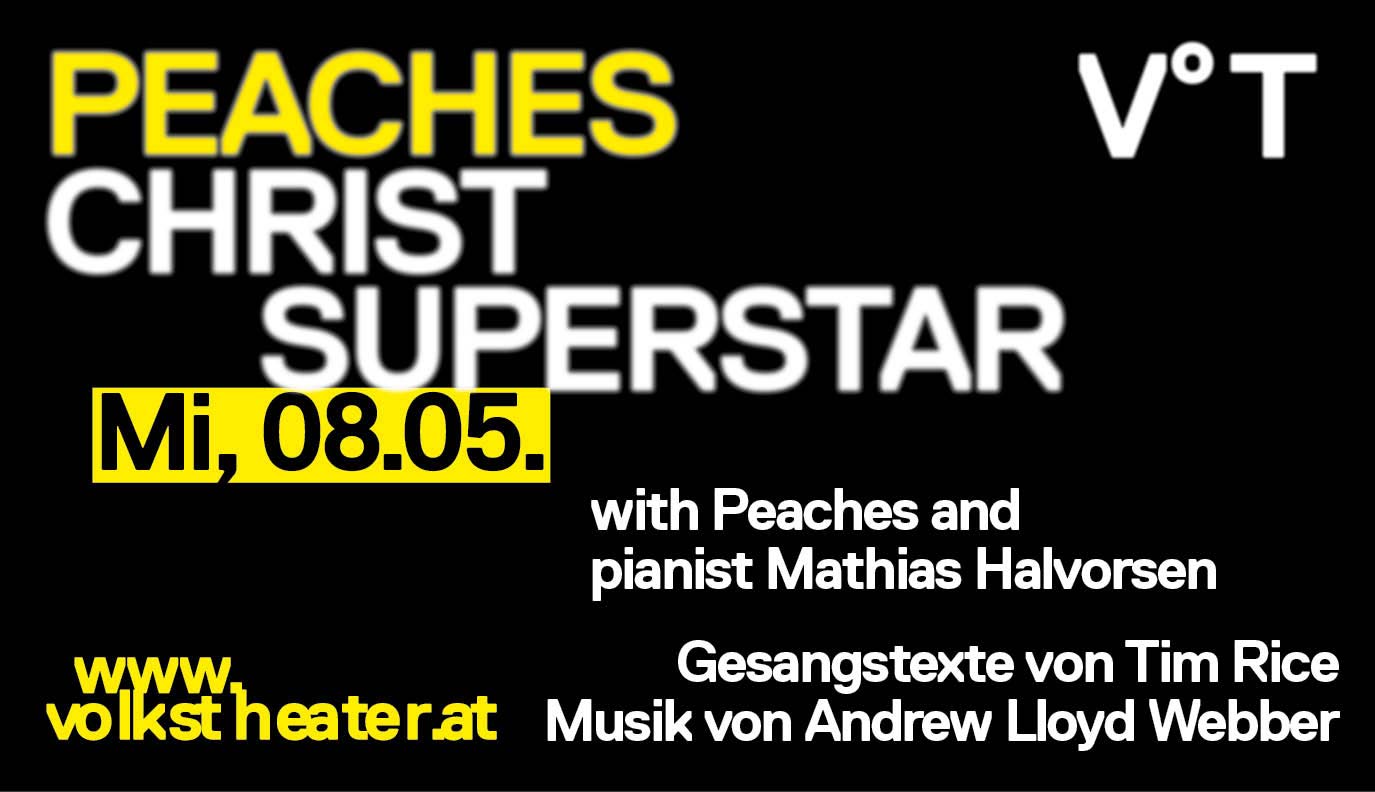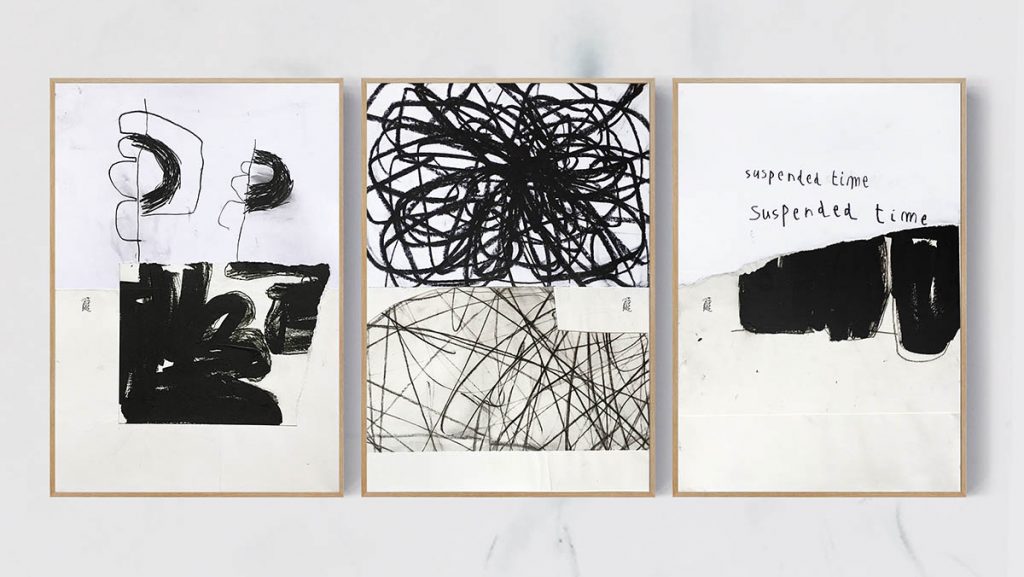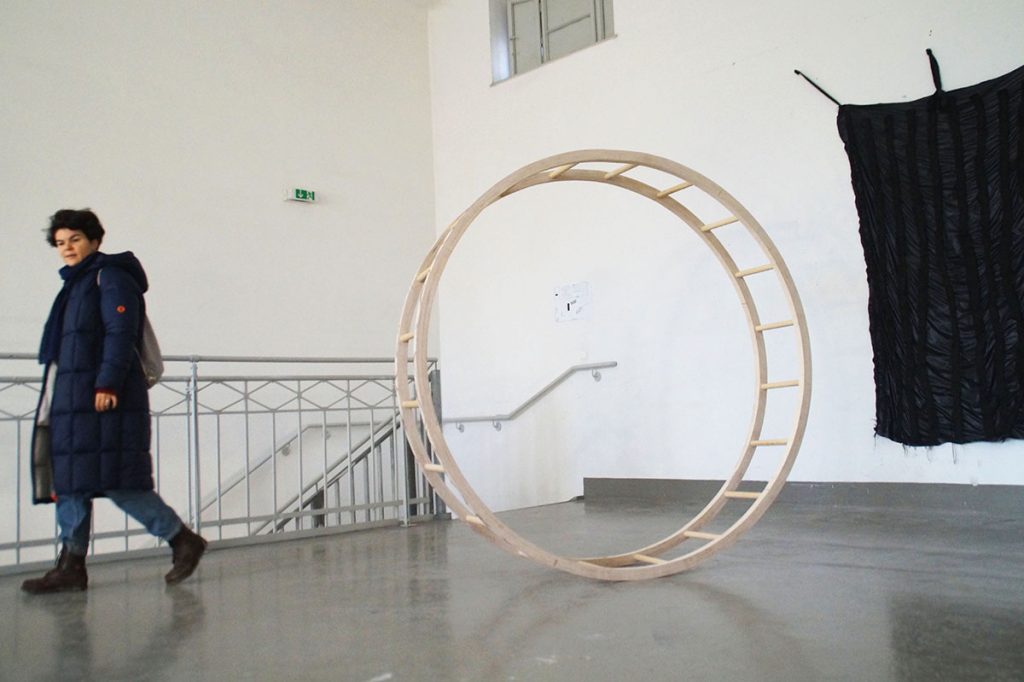
How do you get ideas for your art?
It’s hard to say with ideas, why they pop up all of a sudden. Sometimes before I fall asleep or wake up, sometimes I get ideas when I’m on the toilet, while reading a book or doodling randomly while receiving a long-winded, boring phone call. Most of my ideas are very silly, but sometimes that leads somewhere interesting anyway. Sometimes I have a random association while looking at an object, which leads me to a new kind of object.
What is art and how does it impact your life?
Art is something, one of the few things I know of, which doesn’t have an obvious purpose and a function and that is the beauty of it and the reason that it appeals to me. The fact that it doesn’t have a defined purpose or a specific role to play makes it the freest form of both occupation and experience that I know of. Making art mostly impacts my life by wasting my time, hours on ends, this peculiar and irrational occupation. But I love wasting my time. Wasting time doing something close to incomprehensible is in itself a sort of resistance against conformity and the rigid structures of society and capitalism.
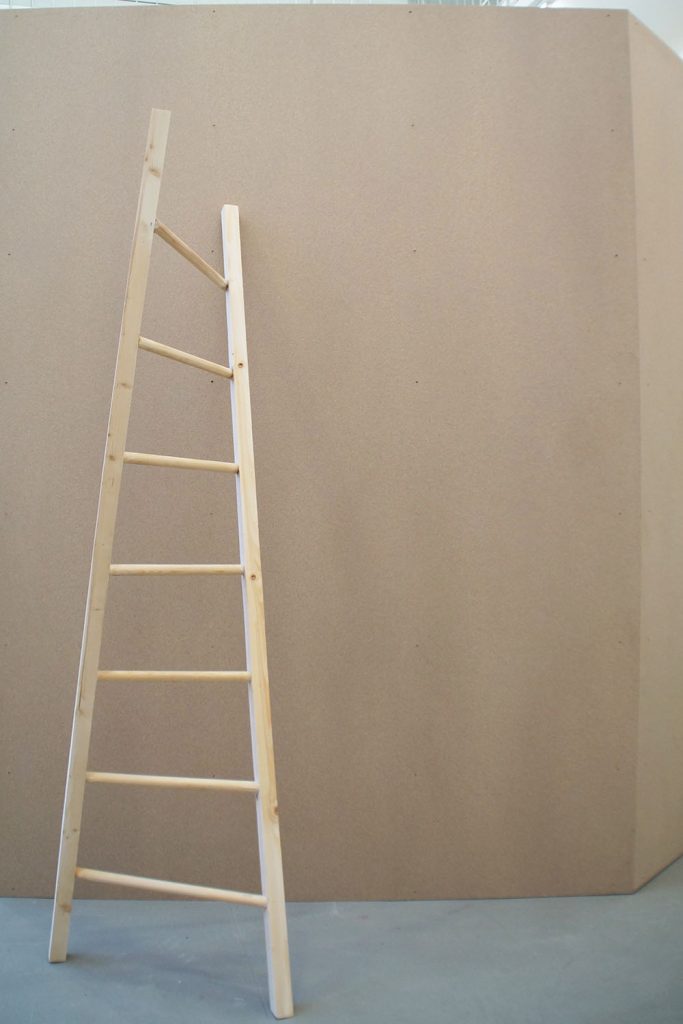
rebecca rothenborg interview 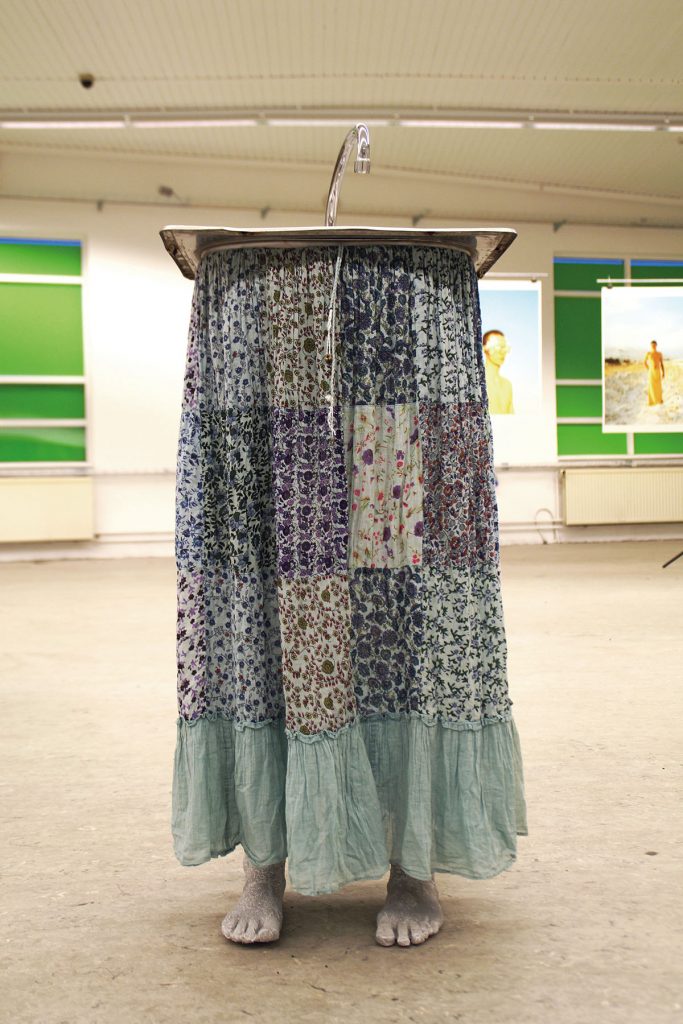
rebecca rothenborg interview 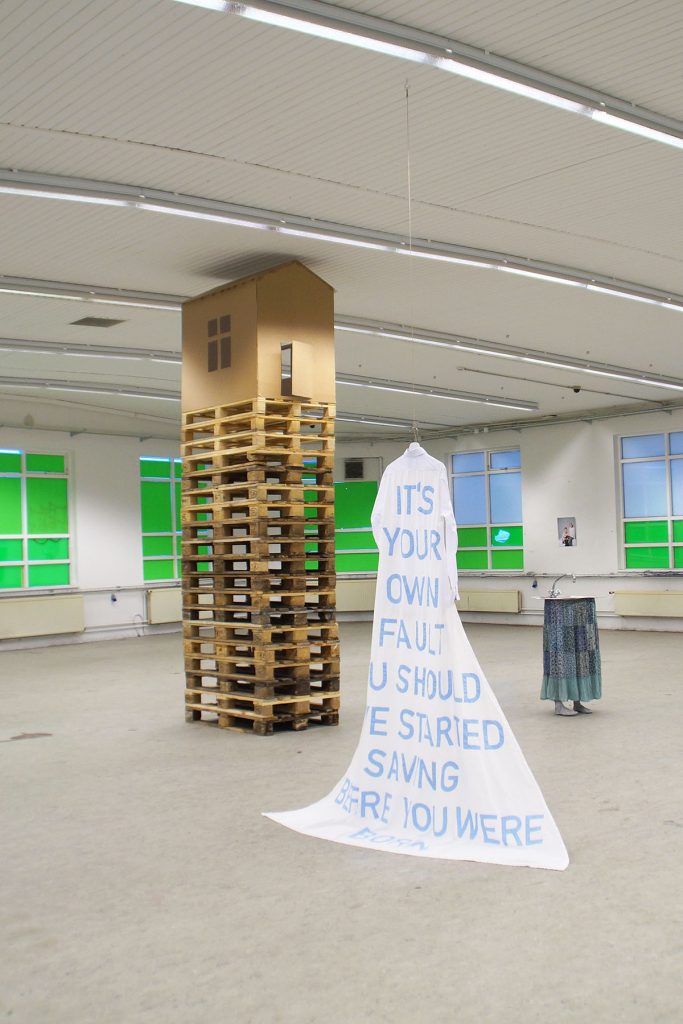
rebecca rothenborg interview
What role does the artist have in society?
I think the role of an artist is to not have role. Trying to assign the artist with a functional role in society is an attempt to drag art into a capitalist system where everything has a function, a goal and a useful purpose. Where art is only valued if it directly contributes with something functional or obviously meaningful. Art is one of the few things attempting to keep out of this systemic, orderly, logical and use-oriented thinking. One thing that I hope art does though, is to push, melt or even destroy rigid structures, boundaries and rules. At least it can suggest the idea of an alternative to reality and the absence of the established.
Making art mostly impacts my life by wasting my time, hours on ends, this peculiar and irrational occupation. But I love wasting my time.
I saw your performance „Cleaning Lady“ on vimeo. Please, tell me something about it.
I sewed a lot of wash cloths together to form a ball gown, with mop heads as fringes at the bottom. I wanted to see the work in action, see it as a functional piece of clothing that could actually be used to clean a floor with using the body instead of tools. So performer Ida Myllerup agreed to wash the floor of an abandoned slaughter house in Holstebro, Denmark (which very much needed a scrub). I think it has a lot to do with desperation, a desperate desire to be useful, in any way possible in order to be valued. Simultaneously an attempt to criticize the fact that we give people value based on their ability to fulfil a role or to be useful to society. There’s very much a hierarchy within occupations, where being a cleaning lady is at the very bottom. For some reason there’s a lot more status to almost all other jobs and I’m not sure I understand why. I made a pompous dress out of very unglamorous materials to try to enhance how unappreciated the position of a cleaning lady, metaphorically and emotionally speaking.
For some reason there’s a lot more status to almost all other jobs and I’m not sure I understand why.
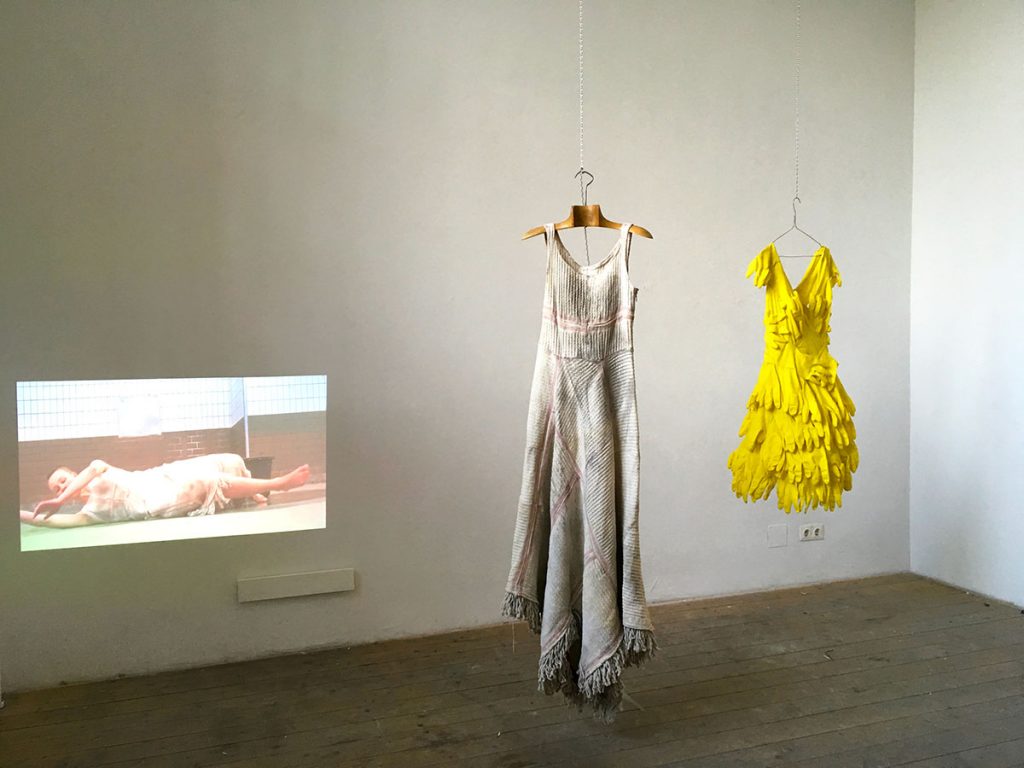
How do you spend your weekends?
Pretty much the same as during the rest of the week.
What are your upcoming projects?
At the moment I’m sewing a jacket out of kitchen sponges. When the academy I study at is opening up their workshops again however, I have plans to make a big bathtub supported by casts of human legs


